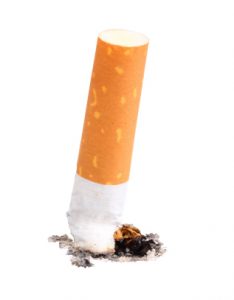Addiction is a disease that can affect a person’s behavior and also cause physical problems. How to identify addictive behaviors and addiction itself is important in living a healthy life. Please also review AIHCP’s Substance Abuse Counseling Program to learn more about addiction and how it affects individuals.

Please also review AIHCP’s Substance Abuse Counseling Certification and see if it meets your professional and academic goals and needs
The article, “Signs of Addiction Denial” by Geralyn Drexter reviews the nature of addiction and the issues that go with it. She states,
“Addiction is a brain disease characterized by compulsive behaviors that continue despite harmful or negative consequences.1 Usually, people envision drug or alcohol use when they think about addiction. However, addiction can include a variety of behaviors, including substance use, gambling, and sexual fantasies, urges, and actions. People living with addictions may deny their behavior. This article explores the signs of addiction denial and when to seek help.”
To read the entire article, please click here
Please again also review AIHCP’s Substance Abuse Counseling Certification and see if it meets your academic and professional goals. The program is online and independent study and open to qualified professionals seeking a four year certification




